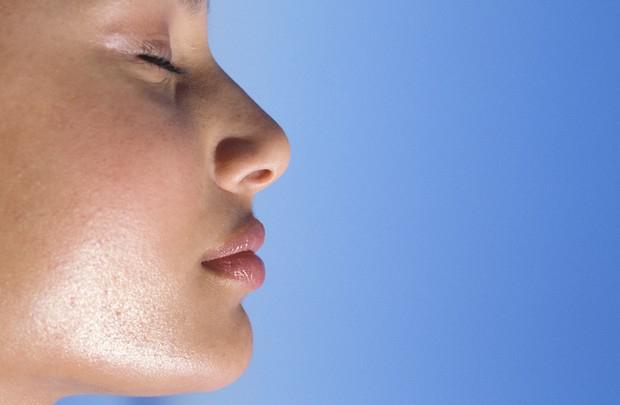
You may have come across people who have failed to get rid of irksome acne breakouts despite trying dozens of home remedies, over the counter acne products and numerous clinical procedures. For many, these products and procedures work wonders, but as soon as they stop using a certain medication or treatment, their acne returns. For others, acne treatments deliver incredible results in the short run but after sometime their acne stops responding to the topical creams and clinical procedures, even though they follow doctor's instructions faithfully.
Does this mean Acne Treatments really don't work? No, if a certain clinical procedure is not working for you then this does not mean it would not work for others as well. Do you know why some acne remedies work really well for one person but not for the others? This is because the latter may not be addressing the actual cause of the acne. For an acne treatment to be a success for the patient, it is important that it must address the culprits behind the breakouts. If your treatment or medications are not addressing the actual cause of acne, they will only treat the symptoms, and overtime either your acne will become resistant to the treatment or the symptoms will start coming back as soon as you will stop the treatment.
For an acne treatment to be successful, it is important that it addresses the factors causing the breakouts. Some of the most common causes of acne have been listed below, go through them and try to find out the root cause of your acne:
Sebum Produced by Sebaceous Gland:
Acne mostly appears in the areas that are abundant in sebaceous glands, like face, neck, arms, shoulders, chest and back. These glands secrete sebum - an oily substance that helps lubricate your skin. This sebum combines with the dead skin cells to clog the pores. Clogged pores provide an ideal place for the acne causing bacteria to thrive. Once the pores become infected with acne causing bacteria, they become inflamed and reddish pimples raise above the surface of skin with a white centre.
Diet:
Studies indicate that certain diets may trigger acne breakouts. Foods that can worsen the condition include dairy products as well as foods rich in carbohydrates. Eating chocolates may also worsen acne.
Stress:
Stress also activates sebaceous glands, causing them to produce more sebum and thus resulting in clogged pores.
Certain Medications:
Certain drugs are also related to an increase in acne breakouts. These include medications containing corticosteroids, androgens or lithium.
Junk Food:
Consuming junk food or deep fried foods also make you prone to developing acne. Working in greasy areas also makes you susceptible to acne, and it works just like the oil produced by your own body.
Dirty Skin:
Dirt itself has nothing to do with acne but leaving the dirt on your skin for long periods can clog your pores, thus providing an ideal place to the acne causing bacteria to thrive in. Cleansing your skin twice a day and exfoliating it at least once a week is necessary if you want to get rid of acne. It is pertinent to mention here that scrubbing skin harshly or using harsh chemicals may irritate your skin and make your acne worse.
Cosmetics:
Cosmetics don't lead to acne breakouts, but using substandard cosmetic products or leaving the makeup on for long can make you susceptible to acne breakouts.
While all of the above mentioned factors can contribute to the appearance of pimples on your face, most of the times it is hormonal imbalance. Not only the sufferers fail to recognize this fact, but unfortunately, most of the doctors also fail to figure out the actual cause of acne, and even if they do, they don't bother to address it. They keep on prescribing medications for treating acne only, and most of these medications further worsen the condition, or at least bring with them unwanted side effects. Even if they don't affect your skin or acne adversely, these medications would not provide a lasting cure for the problem and your acne will come back as soon as you will stop using them.
So, if you are also experiencing similar issues, ask your dermatologist to prescribe you some hormonal tests to determine if the culprit is internal or external. Don't fret even if you have hormonal issues, because like any other ailment, hormonal issues are also curable. Sometimes, simple modifications in your life style, like eating and sleeping habits, can put the hormonal cycle in order. There are certain medications as well to help regulate your hormones.
Leave a Comment